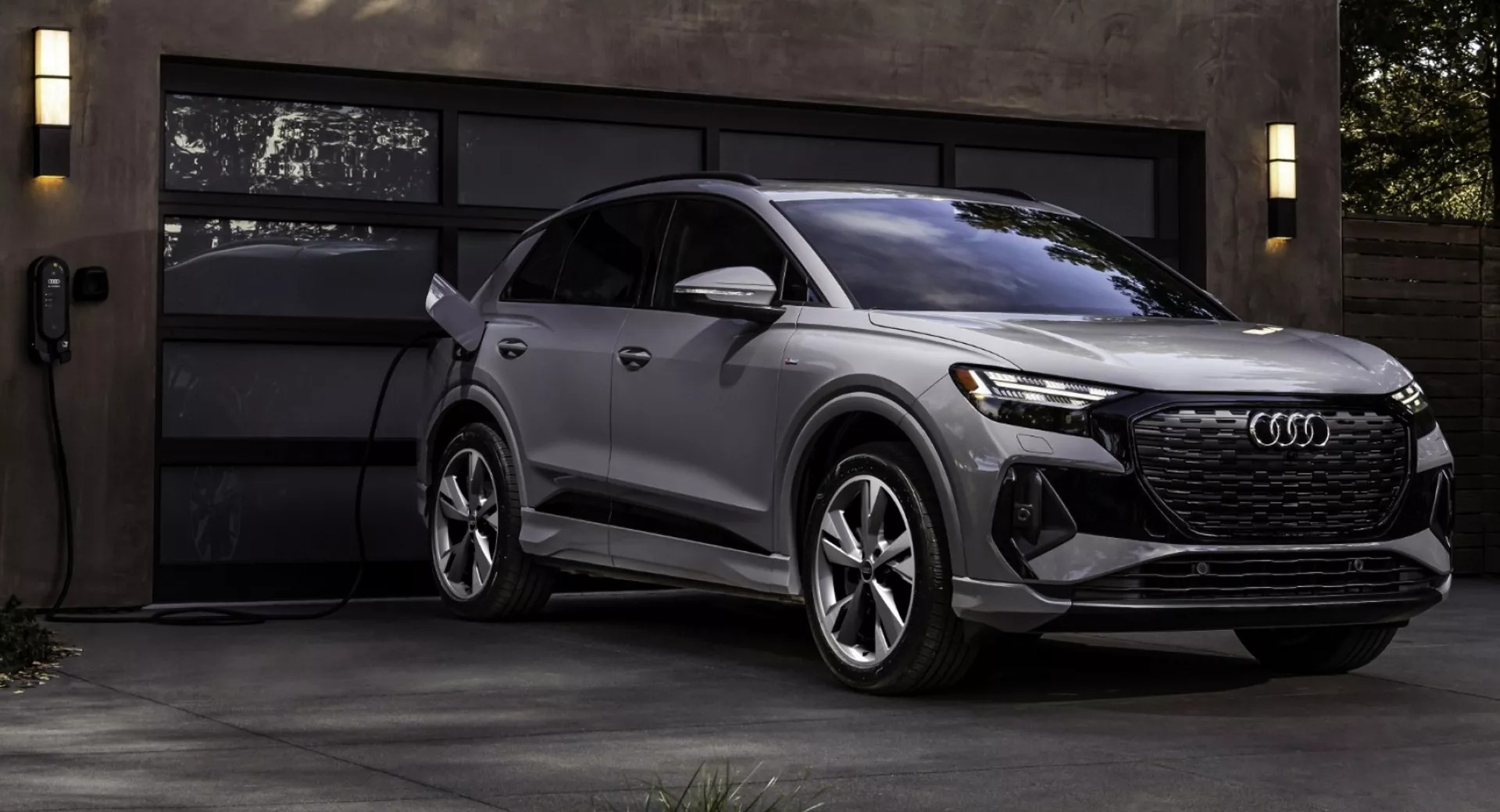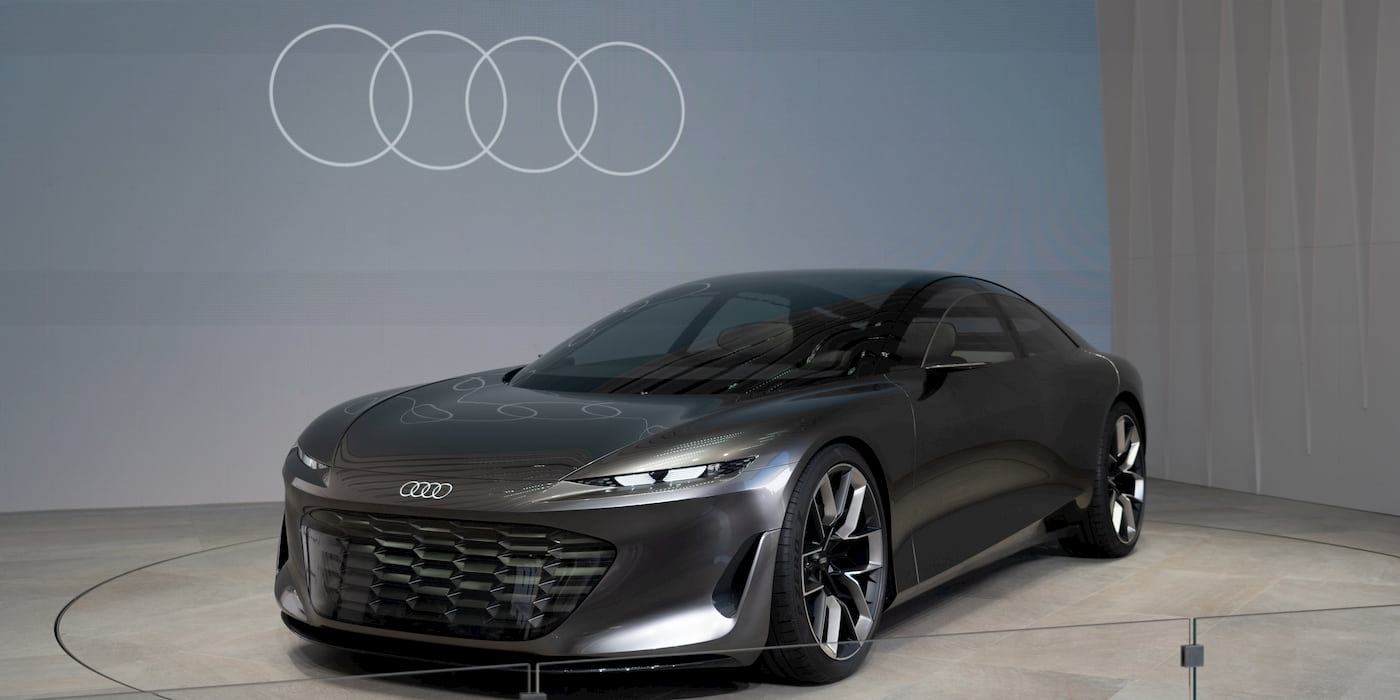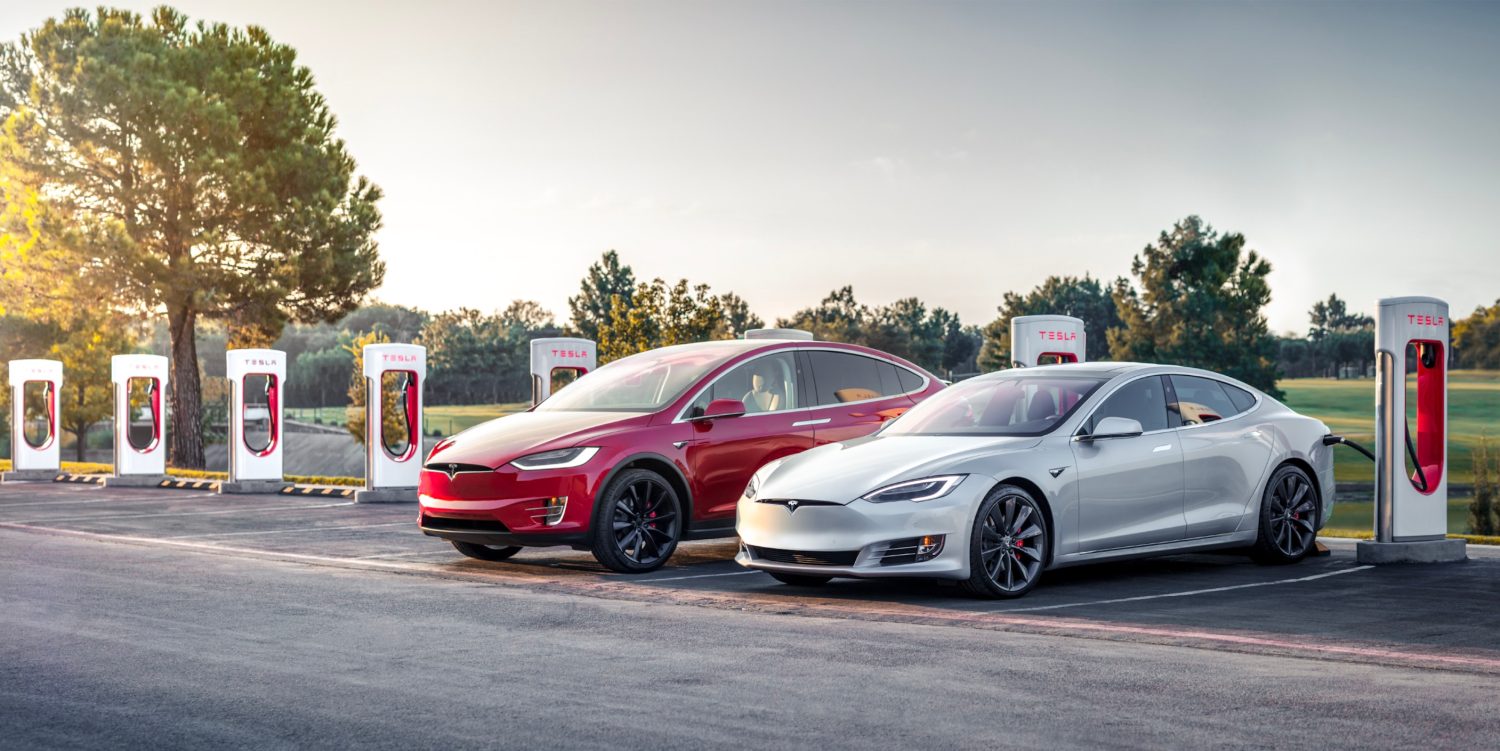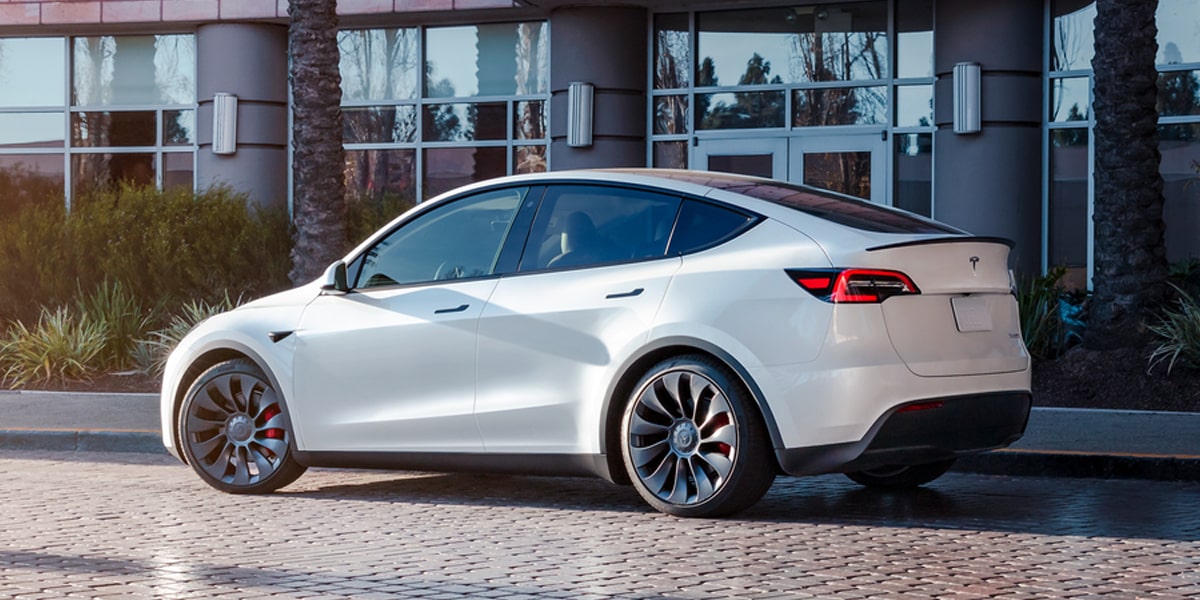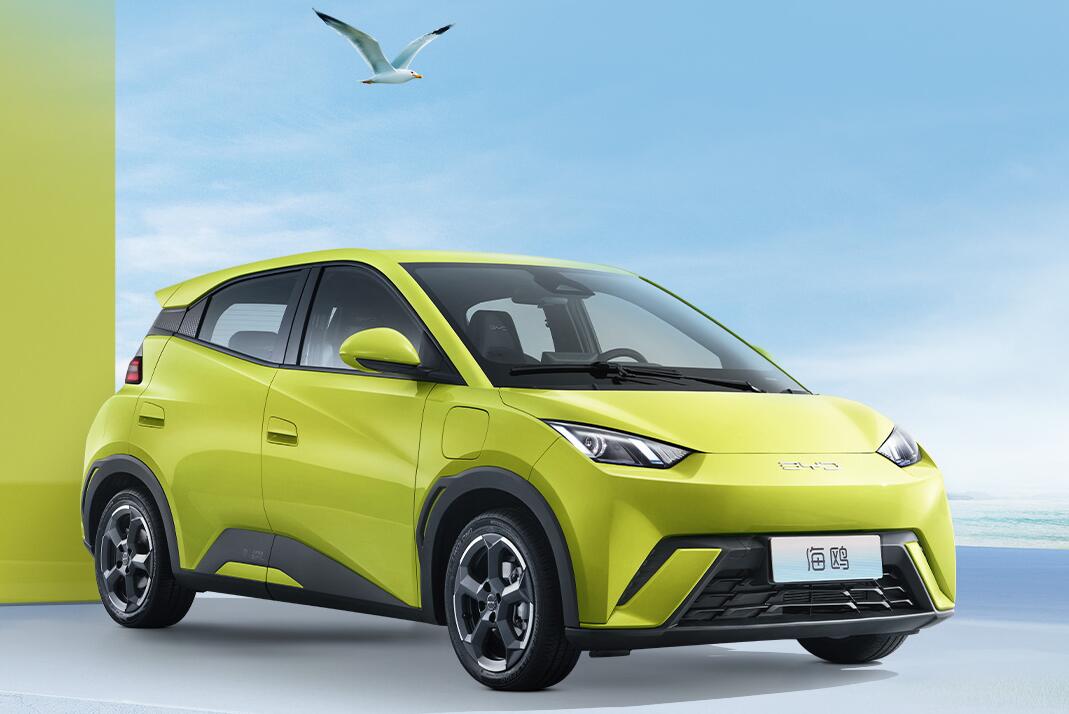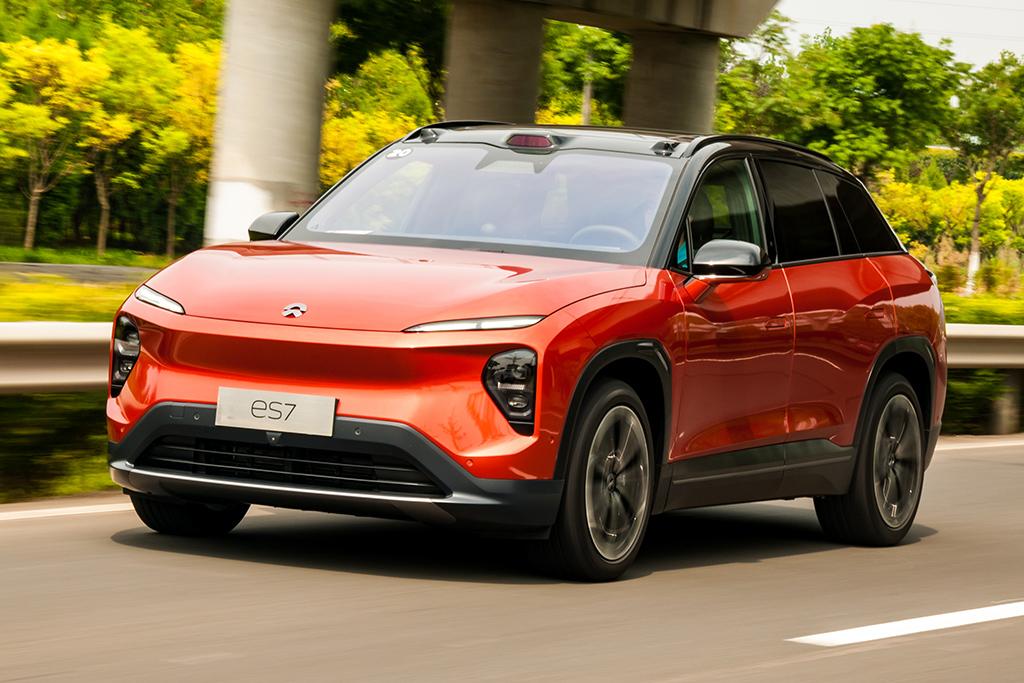Audi has announced that its global car sales during the first quarter of 2023 increased by 7.9 percent year-over-year to 415,700 units. While this marks a significant improvement, it still falls short of Q1 2021 sales figures of 462,800 units. However, the brand’s all-electric car sales experienced impressive growth during the same period. In fact, all-electric car sales increased by 42.8 percent year-over-year to roughly 34,600 units, which is the best Q1 and the second-best quarter for battery electric vehicles (BEV) so far.
Compared to the total volume, all-electric cars now represent about 8.3 percent share, up from 6.3 percent a year ago. Two-thirds of the BEV sales came from the MEB-based Audi Q4 e-tron family, with 21,300 units sold. This also makes the Audi Q4 e-tron family the third most popular BEV model family in the Volkswagen Group during the same period.
In 2022, Audi sold a total of 118,196 all-electric cars worldwide, accounting for about 7.3 percent of the brand’s total volume. Audi’s Q4 e-tron (incl. Sportback) and e-tron (incl. Sportback) were the best-selling models, with 52,800 and 51,200 units sold respectively. Unfortunately, sales results for plug-in hybrid models were not provided.
Looking ahead, Audi is expected to sell over 100,000 electric cars in 2023, particularly with the ramp-up of the Audi Q8 e-tron (e-tron successor). However, in the US, Audi’s electric car sales may not grow as fast as in Europe and globally, as imported BEVs are not eligible for the $7,500 federal tax credit. As a result, Audi is considering local production of electric cars in North America.
In line with the trend among premium brands, Audi will only introduce all-electric cars to the global market starting in 2026. Gradually, there will be more and more electric Audi models. With the brand’s impressive growth in all-electric car sales during Q1 2023, it seems that Audi is on track to achieve its goal of becoming a leading player in the EV market.

